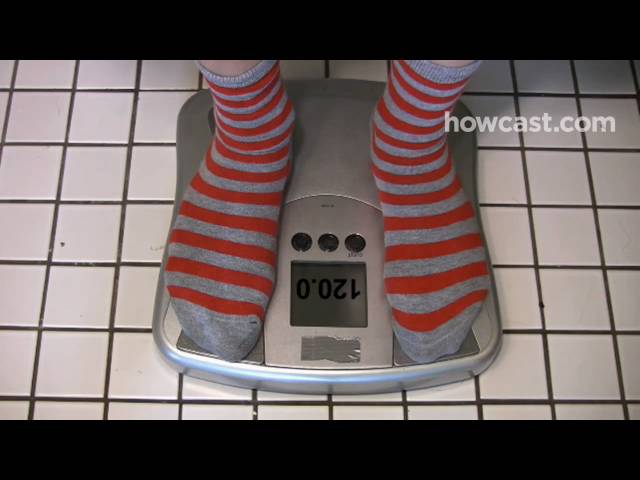
The desire to shed pounds quickly often leads to desperate measures. When some claim that it is possible to lose 2 pounds in just one day, it raises eyebrows and invites skepticism. Is this a healthy goal? What does it truly entail? Engaging in conversations with experts, research points to the reality behind such claims.
To effectively lose 2 pounds in one day, one must understand the mechanics of weight loss. Dr. Jane Miller, a registered dietitian, points out that for every pound of weight loss, roughly a deficit of 3,500 calories is required. "That means to lose 2 pounds, approximately 7,000 calories must be burned off or not ingested within a 24-hour period," she explains. This scenario sounds nearly impossible for most individuals.
For context, the average individual burns about 2,000 to 3,000 calories per day through standard bodily functions and activities. This includes both basal metabolic processes and any additional physical activity undertaken during the day. Yet, few people will consume less than 1,500 calories in a day while adequately nourishing their bodies. Hence, achieving a deficit that high through diet alone seems unrealistic.
Many individuals pursuing rapid weight loss focus on drastic measures: extreme calorie restriction combined with intense workouts. It's not uncommon for people trying to lose weight quickly to visit the sauna or exercise in a sauna suit, both techniques designed to promote water loss. Although techniques like these may result in rapid weight loss—often just a loss of water weight—it does not equate to genuine fat loss.
“A lot of the weight lost in such scenarios is temporary,” admits fitness trainer Mark James. “Once you rehydrate and return to your normal eating patterns, that weight tends to return.” This highlights the detrimental psychological effects of fast weight loss, potentially leading to a dangerous cycle of yo-yo dieting.
If someone is seeking to lose weight through healthy means, a more sustainable approach is necessary. Experts emphasize that a realistic target is losing 1 to 2 pounds per week—a healthier and sustainable pace. This can often be achieved by creating a daily calorie deficit of 500 to 1,000 calories through a combination of diet and exercise. According to the Mayo Clinic, lifestyle changes such as a balanced diet, regular physical activity, and consistent monitoring of food intake lead to sustainable weight loss.
Moreover, many people misunderstand the fluctuation of weight. After a night’s sleep, it is not uncommon to wake up lighter by a couple of pounds due to the loss of water weight and food digestion. One may feel as if significant weight loss occurs overnight, but that typically isn't the case regarding fat loss. “Most of what’s lost is water,” explains Dr. Miller, reiterating that it wouldn't be accurate to say that fat loss occurred.
For those who might wonder what kind of exercise could help in the quest of shedding weight, engaging in vigorous activities such as running or circuit training can increase calorie burn significantly. “High-intensity workouts can torch calories faster than low-intensity sessions,” adds trainer Mark James. However, such exercises require time and proper recovery to be effective without leading to burnout or injury.
In summary, while the idea of losing 2 pounds in a single day is tempting, realistically it involves numerous unsustainable practices and could prove harmful in the long run. Experts recommend gradually achieving weight loss goals through lifestyle adjustments that focus on long-term health rather than quick fixes. A journey toward sustained well-being positions individuals for success beyond just the scale.
Striving for a healthier self also means nurturing one’s body with care and making mindful eating choices. Ask yourself: What habits can support a healthier lifestyle? Instead of fixating on rapid weight loss, consider how you can incorporate small changes for lasting results.







